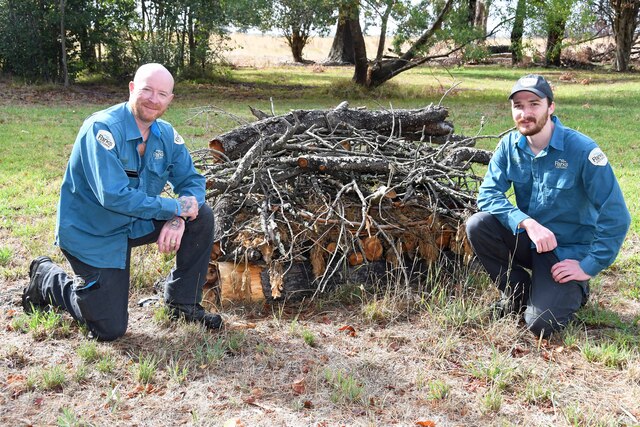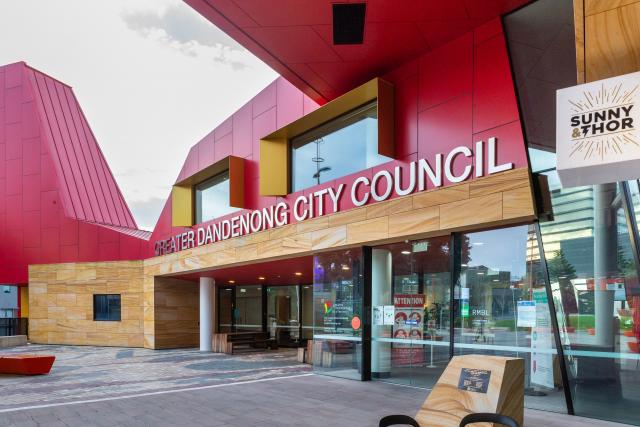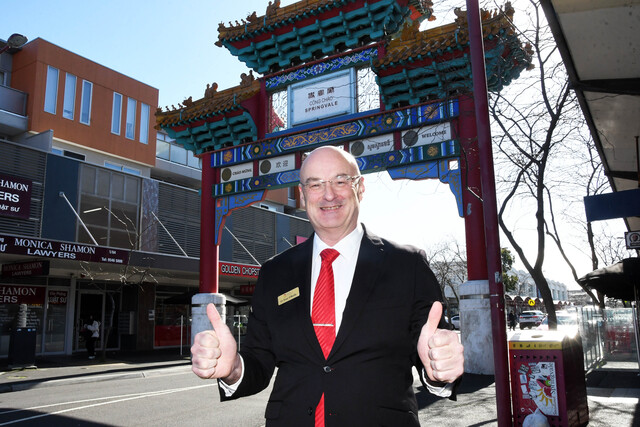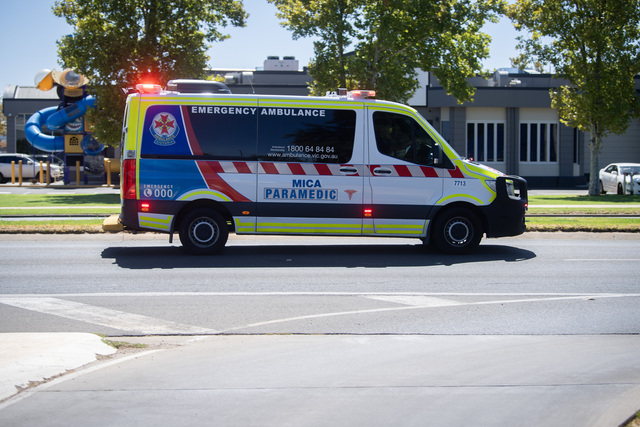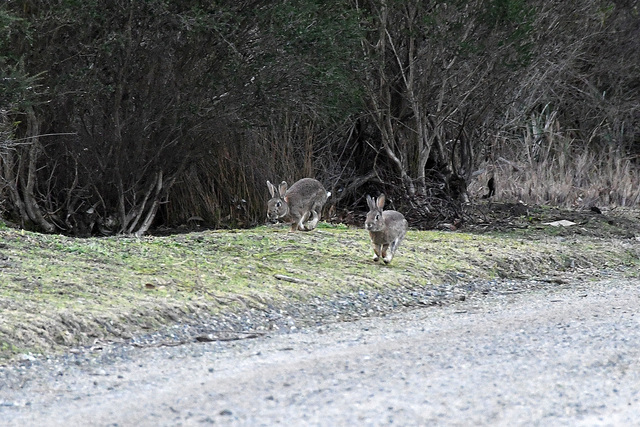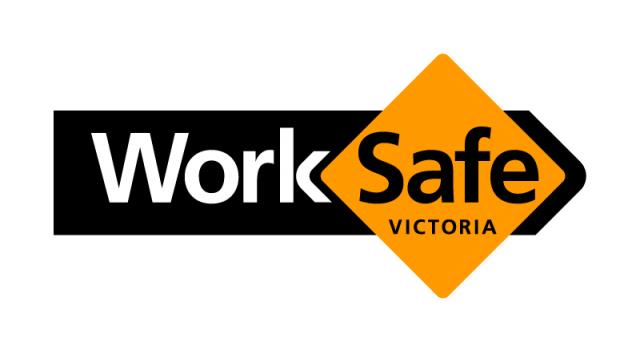By Casey Neill
Rising electricity prices are as big a danger to Greater Dandenong manufacturers as the decline of the auto industry.
But South East Melbourne Manufacturers Alliance (SEMMA) executive officer Adrian Boden warned it wasn’t just businesses at risk.
“Households need to be looking at their power bills,” he said.
“They need to be calling other companies.”
Mr Boden said governments needed to address the issue or risk job losses and stunted business growth.
“It’s the primary issue we have on the table for manufacturing today,” he said.
SEMMA is negotiating a bulk-buy deal for about 40 of its members.
Its three-year deal for six cents per kilowatt runs out on 30 June.
“Our best deal that we’ve managed to find, which is probably going to be a two-year agreement, is about 14 cents,” Mr Boden said.
“If you look over the last 18 months the increase has been about 300 per cent for a lot of companies.
“It’s opportunism. It’s got nothing to do with real cost.
“The cost of production of the power is no more expensive than it was two years ago.
“We have one company we’re working with who believe that this would put their company out of business.
“They were buying at 5.6 cents. They were being quoted about 18 cents. For them it would be a massive hit.
“It would become the largest part of their monthly bill, over employees, over everything else.”
He said one Dandenong South company’s power bills had gone from $40,000 per month to $120,000.
Mr Boden said businesses that tried to absorb the increases would lose profit, leaving less cash for investing in their future.
The alternatives are to cut jobs or try to pass the increase to customers “which is almost impossible”.
He said increasing gas prices were adding salt to the wound.
Mr Boden said that one Dandenong company’s gas bill increased by 140 per cent in the past year.
“They are being quizzed by their international owners as to how come they can buy Australian gas at a cheaper price than he can,” he said.
“All of the states and the Federal Government should work in collaboration to review what they can do to influence that marketplace.”
A spokesperson for the Federal Department of the Environment and Energy said the government was taking action.
The Australian Competition and Consumer Commission (ACCC) is reviewing retail electricity prices, they said, with a report due on 30 June next year.
The spokesperson said the government was also working to increase gas supply and suppliers to lower electricity prices.
A spokesman for Victorian Energy, Environment and Climate Change Minister Lily D’Ambrosio said the government’s VEET scheme provided businesses with access to discounted energy-efficient products through accredited providers.
“The Boosting Productivity initiative is also helping businesses to cut energy costs, with energy bills savings of $50,000 per year, on average, for participating businesses,” he said.
“We’re also helping Victorian manufacturers and businesses manage the impacts of a volatile national gas market.”
Dandenong MP Gabrielle Williams said it was clear the energy market was in transition and the government would support industry through it.
“We didn’t abandon the auto industry and we won’t abandon our manufacturers,” she said.
Bruce MP Julian Hill said the lack of clear framework for industry to invest in new electricity generation was driving up power prices.
“The Australian Energy Council has stated ‘the lack of national policy certainty is now the single biggest driver of higher electricity prices’,” he said.
Mr Hill said the government should adopt an Emissions Intensity Scheme for the electricity sector to help fix the power crisis and a permanent national interest test for the gas market so that Australian businesses and households were at the front of the queue.


